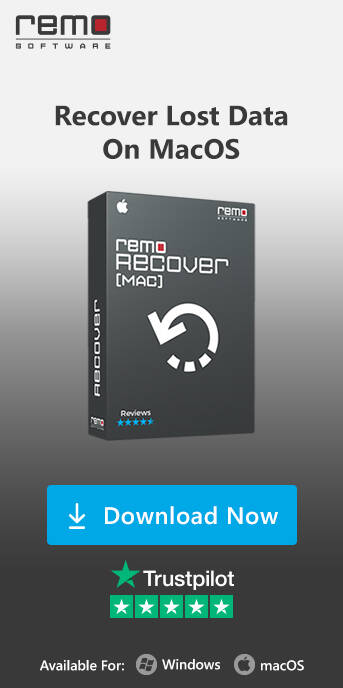iCloud is a cloud storage (also online storage) that works on cloud computing technology. It superseded Apple’s MobileMe services and came into existence on June 30, 2012.
It enables users to upload and store data such as documents, photos, and music on remote servers for download to multiple devices, such as the iPhone, iPad, and Mac. iCloud also provides several cloud-based services, such as iCloud Mail, iCloud Calendar, and iCloud Contacts. This uploaded and password-protected data can act as a supplement to your manual backup. The data stored on iCloud can be accessed from other computers and mobile devices from any place via the Internet. Also, iCloud is designed to work effortlessly with all Apple devices when connected to the internet.
iCloud is free to use with 5GB of storage. Additional storage can be purchased on a monthly subscription basis. iCloud+ is a premium subscription with additional storage and features such as iCloud Private Relay, Hide My Email, Custom Email Domain, and HomeKit Secure Video support.
To use iCloud, you may have to create an account and then upload the data that are important to you. If your device is lost or stolen, all the data uploaded by the stolen device can be retained when you log in using another device.
Features of iCloud
- Apart from uploading data, it allows you to store the settings of your iOS device (applicable only for iOS 5 or later) and sync the data so that you can restore it whenever required.
- Using the “Find My iPhone” feature, one can track their iOS device and show you the exact location on the map.
- Photostream is a service available on iCloud; this feature allows you to store almost a thousand photos on the iCloud server for free, valid for one month.
- You can use or authenticate up to 10 devices with one Apple iCloud ID.
- Developers can customize their apps how they want to connect and use iCloud content.
- You can store up to 5GB of non-iTunes data (like documents and photos) without any charges; however, for more storage capacity, you have to pay some amount of subscription per year.
- iCloud can automatically backup and restore the data on your Apple iOS devices when the internet is available. However, this does not take a full backup whenever the internet is available; it just takes the backup of those data that have been changed on your device.
- iCloud+: This premium subscription provides additional storage, as well as other features such as iCloud Private Relay, Hide My Email, Custom Email Domain, HomeKit Secure Video support, and Family Sharing.
- iCloud Private Relay: This feature encrypts your web traffic and hides your IP address from websites and trackers.
- Hide My Email: This feature allows you to create unique, random email addresses forwarded to your personal inbox. You can use these addresses to sign up for websites and services without revealing your personal email address.
- Custom Email Domain: This feature lets you personalize your iCloud email address with a custom domain name.
- Shared Folders: This feature allows you to share folders of notes with other iCloud users.
- Linked Notes: This feature allows you to create links between notes so you can easily navigate between related information.
- Enhanced Search: This feature provides more powerful search capabilities for notes, including searching by category, tags, and shared notes.
- HomeKit Secure Video: This feature allows you to store and view video footage from your HomeKit-compatible security cameras in iCloud.
iCloud also comes with certain limitations. Here are a few drawbacks of iCloud.
Limitations of iCloud
Limited Storage Space: The free version offers users up to 5 GB of free storage. This might not be too much for a few users, considering if the size of their data is more than 5GB. However, users can unlock more space by upgrading to iCloud+ plans.
Limited Compatibility: iCloud is only compatible with Apple devices and Windows desktops. Android phone users have no access to iCloud.
Reduced Syncing Speed: Many users have complained that the speed was reduced massively while syncing multiple Apple devices to iCloud, especially with poor internet connectivity.
Questionable Privacy Concerns: Even though Apple’s Privacy Policy is stronger than ever. However, one should not ignore the fact that there were massive data breach incidents reported earlier.
Related Articles:
